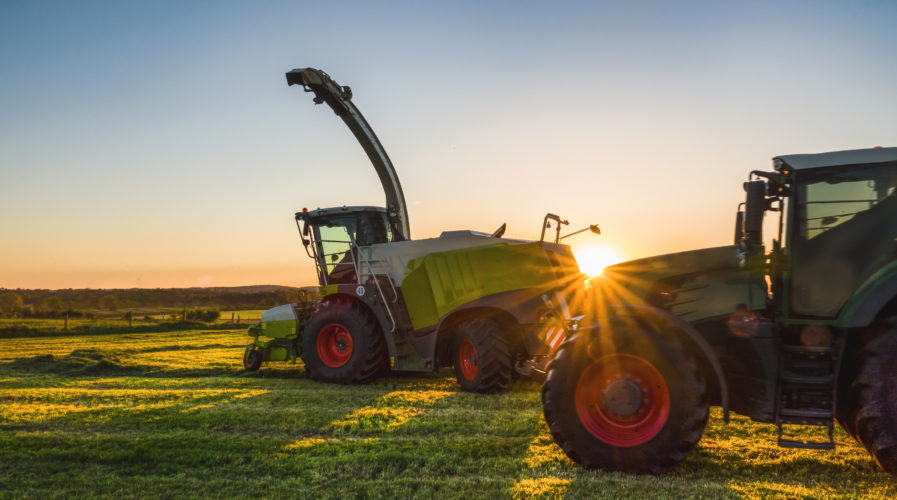Do you work in farming? Drive tractors? Tend animals?
If so, you probably spend more and more time alone. Modern machinery is full of automation such that you can spend hours alone in the tractor without seeing or hearing from anyone all day. Nor can you contact anyone, because there is no signal in the field. The same applies to hill-land sheep and beef farmers where the animals are extensively grazed. There is frequently no signal, and that isolation can lead to feelings of loneliness and can also be dangerous if an accident has occurred out of sight of home and buildings. Just how do you call for help?
Changes in farming:
Farming has changed a lot over the last 50 or 60 years. Back then, most people in a village worked on the local farm or knew someone who did. The farming communities were integrated with rural life. People knew each other and in doing so, looked out for each other. Stories were shared, births celebrated, funerals attended. Everyone would regularly meet at the local market to get up to date on the latest news. People cared for each other.
There were no mobile phones then, and yet in some ways, rural communities were more connected then than they are in today’s world of Facebook and Twitter and generally twenty-four-hour communications. Communications which are, of course, only useful if you have a signal.
As a farmer or farm worker, you will work alone for long periods. Alone with your thoughts. And if you have a stressful issue in your life, maybe personal, financial or health, then there is no-one to share your thoughts with. And being alone with these negative thoughts can magnify them beyond all proportion, as you have no-one there to put the issue into perspective. A problem shared is a problem halved is often a true statement and we all know how much better we feel if we have talked an issue through with someone
No signal though means that this sharing is not possible, often for hours at a time.
Around the world, stress and difficulties in farming communities are leading to higher than average suicide rates. And a lack of or poor communication possibilities is certainly a factor in this.
And reading this, you may feel that it doesn’t apply to you. You have a happy and stable life and might even be pleased about the peace and quiet you can have on a tractor miles from base. But others may not be so lucky and need more frequent opportunities to chat.
Harnessing technology to connect people:
The Department for Digital, Culture, Media and Sport (DCMS) recognises these issues and is funding a number of initiatives to help better connect rural communities. The projects are looking at the new 5G technology which can enable high speed connectivity through a mobile device. With this, you would not only be able to phone home from the middle of the field, you would also be able to see and talk to loved ones via a video link. As a farmer or machine operator, you will be able to exchange information about conditions and settings just as if the two of you were standing next to each other.
The goal of DCMS is to make rural communications as accessible as those in urban areas. The benefit in rural communities is higher than in cities, where 5G is often perceived as just a faster way to download the latest episodes of your favourite TV series. The project teams believe that enhanced communication of this kind can change the rural way of life, bringing it almost back to the way it was all those years ago. There are many health benefits long the way, both in general terms and particularly for mental health issues.
And it may even save lives.
